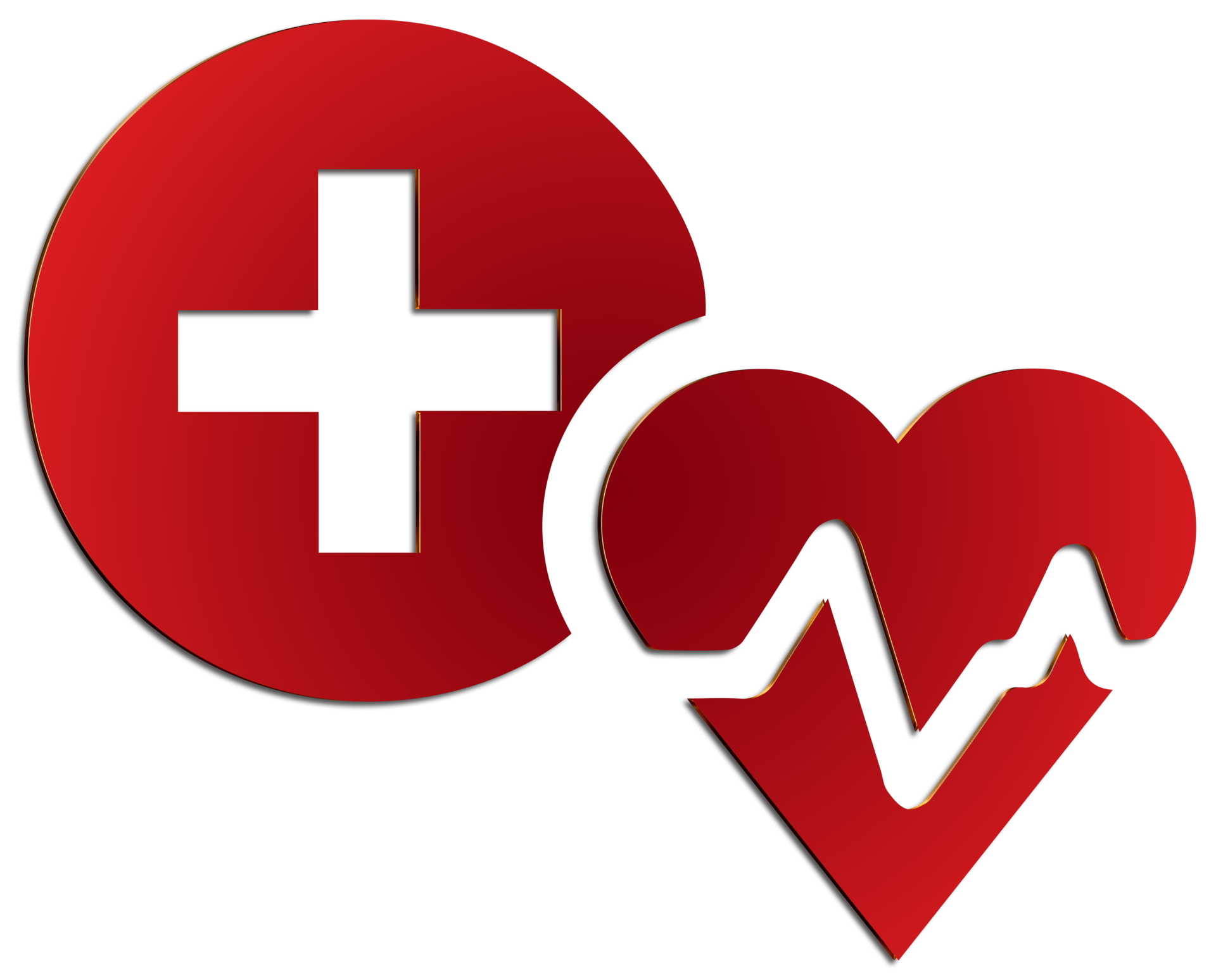Evolving Competencies for the Future Medical Science Liaison
Evolving Competencies for the Future Medical Science Liaison
Blog Article

The role of a Medical Science Liaison has transformed significantly over the years, reflecting the dynamic landscape of the healthcare industry. As the bridge between pharmaceutical companies and the medical community, MSLs are tasked with communicating complex scientific information and fostering relationships based on trust and knowledge. With advancements in technology, changing regulations, and evolving patient needs, the competencies required for success in this role are continuously shifting.
In the face of these changes, MSLs must not only possess robust scientific acumen but also cultivate a diverse skill set that includes strategic thinking, effective communication, and adaptability. As they engage with healthcare professionals and contribute to the dialogue around innovative treatments, the ability to navigate this evolving environment becomes paramount. The future of the Medical Science Liaison profession hinges on the capacity to embrace these new competencies and harness them to drive both scientific advancement and improved patient outcomes.
Key Responsibilities of a Medical Science Liaison
Medical Science Liaisons play a crucial role in bridging the gap between pharmaceutical companies and the medical community. They are responsible for providing scientific and clinical information to healthcare professionals, ensuring that they are well-informed about the latest products and therapeutic developments. This involves conducting presentations, responding to inquiries, and engaging in discussions that facilitate a comprehensive understanding of the company's offerings and relevant research data.
Another important responsibility is building and maintaining relationships with key opinion leaders and healthcare professionals. Medical Science Liaisons strategically identify, engage, and cultivate these relationships to foster collaboration in research and gather insights on treatment trends and clinical practices. By establishing trust and rapport, they position themselves as credible resources, enabling a two-way dialogue that benefits both the organization and the medical community.
Furthermore, Medical Science Liaisons are involved in gathering and disseminating clinical insights back to their organization. This includes providing feedback from healthcare professionals about the effectiveness of treatments, identifying potential research opportunities, and communicating scientific insights that can influence product strategy. Their ability to synthesize and convey this information is vital for aligning a company's research and development efforts with the needs of the healthcare landscape.
Essential Skills and Competencies
A successful Medical Science Liaison must possess a deep understanding of both the scientific and clinical aspects of the therapeutic areas they represent. This includes not only knowledge of the products and the underlying science but also keeping up-to-date with the latest research, trends, and developments in their field. This competency allows MSLs to engage effectively with healthcare professionals, providing valuable insights that support treatment decisions.
Interpersonal skills play a crucial role in the effectiveness of an MSL. The ability to build rapport and establish trust with key opinion leaders and stakeholders is essential for fostering productive relationships. This involves strong communication skills, active listening, and the ability to tailor messages to various audiences. MSLs must navigate complex conversations while remaining empathetic and responsive to the needs of the healthcare professionals they engage with.
In addition to scientific acumen and interpersonal skills, effective organizational and strategic thinking abilities are vital for MSLs. They must be adept at planning and executing their engagement strategies, managing time effectively, and prioritizing tasks in a fast-paced environment. A strong analytical mindset supports MSLs in assessing data and outcomes, enabling them to derive meaningful insights that can drive their strategic initiatives in collaboration with the medical and commercial teams.
Future Trends in Medical Science Liaison Roles
Medical Science Liaison Classes
As the healthcare landscape continues to evolve, the role of the Medical Science Liaison (MSL) is expected to undergo significant transformation. One of the key trends is the increasing emphasis on data analytics and real-world evidence. MSLs will need to be equipped with advanced skills to interpret complex datasets, enabling them to provide insightful information to healthcare providers and stakeholders. This shift towards data-driven decision-making will enhance the MSL’s ability to communicate the value of products and address the specific needs of clinicians.
Another important trend is the growing importance of patient-centric approaches in medical affairs. MSLs will need to engage more deeply with patients and understand their perspectives, which may involve collaborating with patient advocacy groups and incorporating patient feedback into the educational materials they deliver. This focus on patient engagement will enable MSLs to position themselves as trusted resources for both healthcare professionals and patients, ultimately improving the overall patient experience and outcomes.
Finally, the role of technology in the MSL function is set to expand. Digital tools and platforms will play a critical role in facilitating remote engagements and virtual communication with healthcare professionals. As telehealth and digital medicine gain prominence, MSLs will need to be proficient in using these technologies to maintain relationships and deliver scientific information effectively. Adapting to these technological advancements will be essential for MSLs to remain relevant and influential in the dynamic healthcare environment.
Report this page